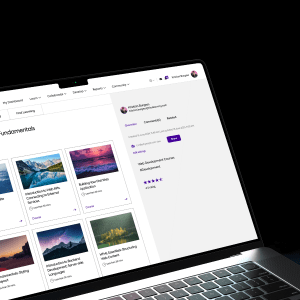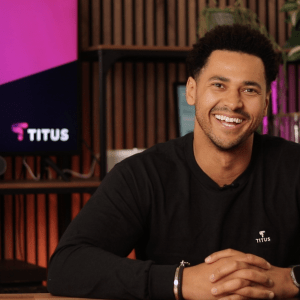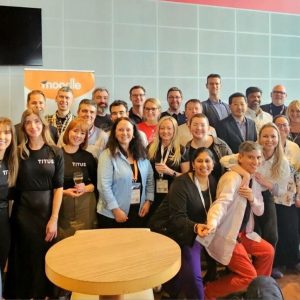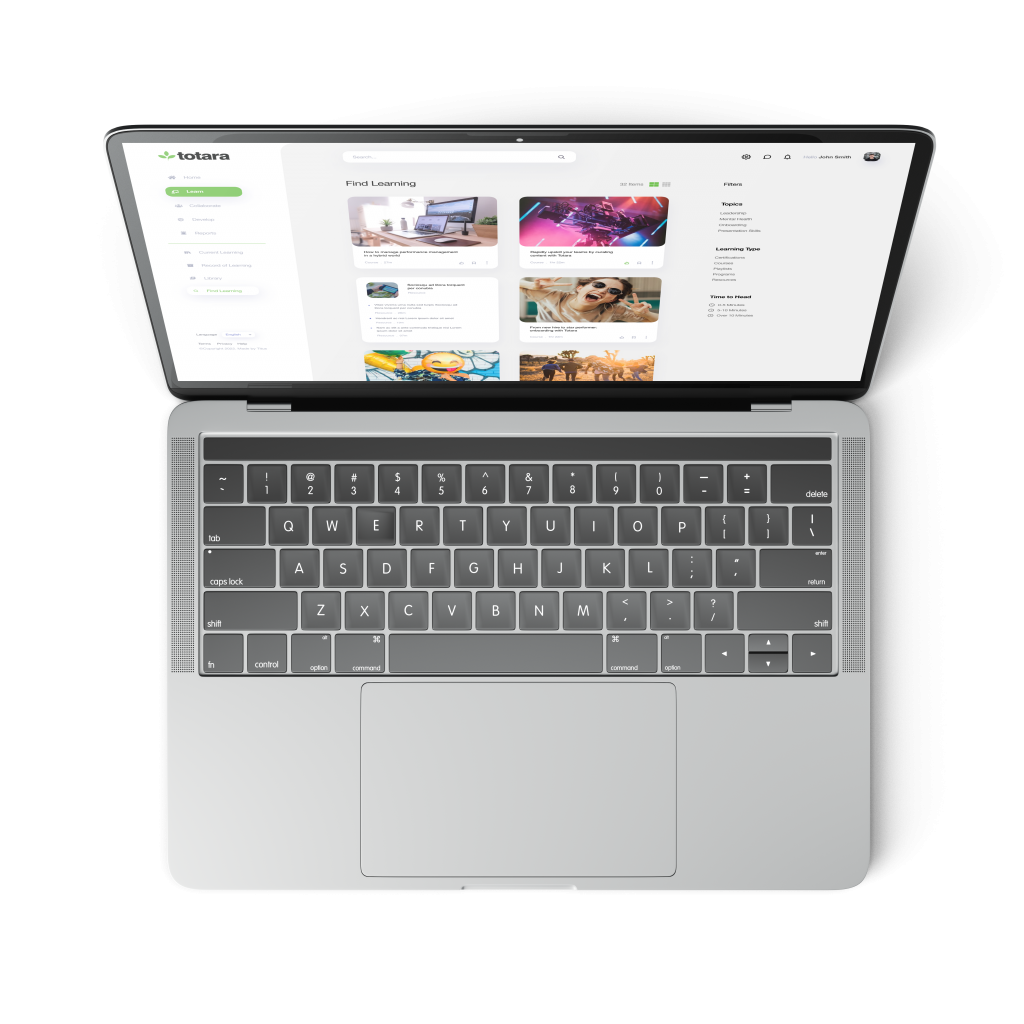
If you have any suggestions for areas we might have missed, as always we’d be delighted if you would get in touch.
24/7 integrated LMS
While almost all schools are using a learning management system in one guise or another, a key emerging trend we’ve seen in forward thinking schools in the transition to a truly 24/7 learning platform which combines access to multiple types of data.
Rather than the LMS being strictly a classwork and homework tool, over the next year we predict more and more schools will make their learning platform a hub for parents, students and teachers to access, share and update a wide range of data on the go.
Tighter integration between the school’s LMS and other software such as payment gateways, management information systems, content libraries and online office suites allow students and teachers alike to utilise the learning platform as a one-stop-shop for their digital needs. Parents too can take advantage of this, which leads us on to…
Better home-school communication
As mentioned above, allowing parents access to real-time data on their child’s attendance, achievements, and behaviour can bridge the gap between home and school in a way that’s not possible through face to face contact alone.
Apps like EduLink One go even further, in giving parents a central location to access all the latest real-time data on their child’s progress and allowing them to communicate directly with teaching staff where feedback or input is needed.
As well as giving an overview of children’s achievements, technology like this allows for proactive input from parents themselves, including absence reporting, permission forms for extra curricular activities or access to payment systems for school meals or classroom equipment.
Collaborative course building
Traditionally online courses have a clear distinction between the author and the learner, usually created by teaching staff in a similar manner to a traditional lesson plan and aimed at a specific group of students.
Increasingly though, modern learning platform technology allows for a two-way approach in which learners themselves can contribute to the course content and the direction it takes, by uploading supporting materials, discussing topics via forums or creating their own quizzes and other activities.
While this has been possible for some time, we’re only now seeing the rise of widespread mobile device access to learning platforms which allow learners to contribute in real time, both within and outside the classroom, and in small “bitesize” chunks, allowing for a more organic and conversational experience.
Using “Small data” to personalise support
We’ve heard a lot in recent years about the importance of “big data” and the ways in which large datasets can be leveraged to perform useful analysis on large groups of students.
What’s discussed less, but is becoming increasingly important is access to “small data” – being able to drill down and look at individuals within a group to identify their particular needs.
Learning platforms such as Moodle include powerful reporting tools which can allow teaching staff to quickly identify learners who need extra attention, from support with accelerated learning to addressing difficulties with a particular activity or assignment.
Where the learning platform is integrated with the school’s MIS, for example SIMS or CMIS, staff can further cross reference academic trends with behavioural or attendance data for a clearer picture of the student’s individual circumstances.
Making sense of content overload
Students today are bombarded with digital content from a wide variety of trustworthy and not-so-trustworthy sources, via online advertising, news sites and blogs, digital video, “viral” shared content, and their own social networks.
For educators, this means an increasing need to ensure learners have the necessary skills and technology to query information, understand the motivations and biases behind content sources and use trusted secondary sources to verify new information.
Modern learning platforms provide an ideal space not only to provide resources and activities to support this, but also as a central space for learners to ask questions about content sources either directly to teaching staff or on a peer-to-peer basis. With better access for parents, as discussed above, they can also support learners in identifying and verifying problematic material.
As ever, to learn more about the work we’ve done with learning platforms, integration and the EduLink One app, or to find out how we could help your school or organisation improve engagement, communication and learning outcomes, you can get in touch with Titus Learning here.






